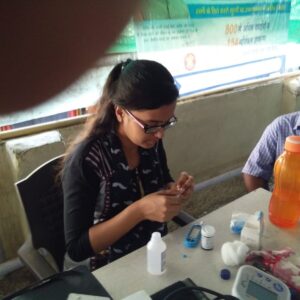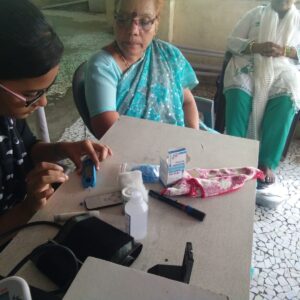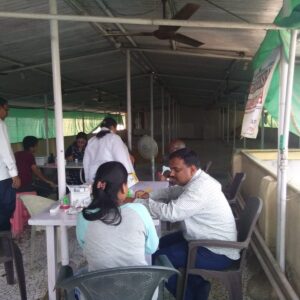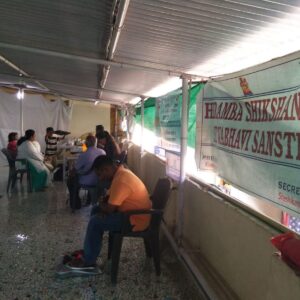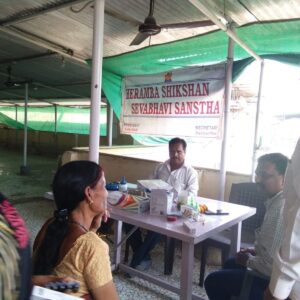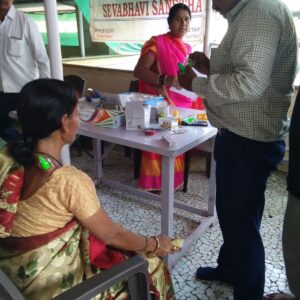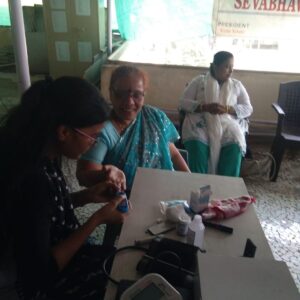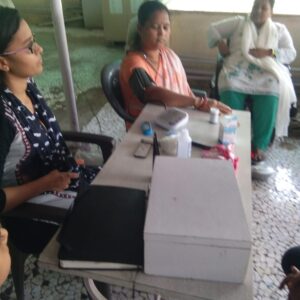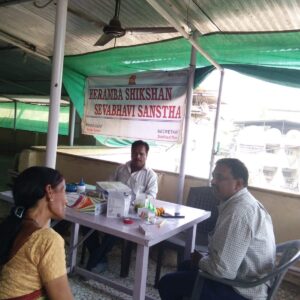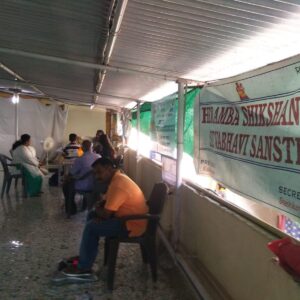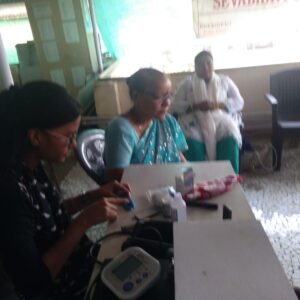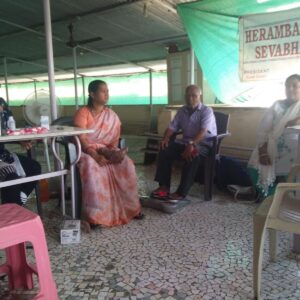World Blood Donor Day :
Theme, objectives and why we need safe blood for all
The World Health Organisation has announced that World Blood Donor Day will be celebrated around the world on 14 June. The event serves to thank voluntary, unpaid blood donors for their life-saving gifts of blood and also to raise awareness of the need for regular blood donations to ensure that all individuals and communities have access to affordable and timely supplies of safe and quality-assured blood and blood products, as an integral part of universal health coverage and a key component of effective health systems.
Although the need for blood and blood products is universal, there is a marked difference in the level of access to safe blood and blood products across and within countries. In many countries, blood services face the additional challenge of making sufficient blood and blood products available, while also ensuring its quality and safety.
Theme for World Blood Donor Day :
The theme of campaign is blood donation and universal access to safe blood transfusion, as a component of achieving universal health coverage. The theme is ‘Safe blood for all’ to raise awareness of the universal need for safe blood in the delivery of health care and the crucial roles that voluntary donations play in achieving the goal of universal health coverage. The theme strongly encourages more people all over the world to become blood donors and donate blood regularly – actions which are key to building a strong foundation of sustainable national blood supplies that are sufficient to meeting the needs of all patients requiring transfusion.
The day and the theme is also a call to action to all governments, national health authorities and national blood services to provide adequate resources and put in place systems and infrastructures to increase collection of blood from voluntary, regular unpaid blood donors; to provide quality donor care; to promote and implement appropriate clinical use of blood, and to set up systems for the oversight and surveillance on the whole chain of blood transfusion.
The objectives of campaign are:
To highlight the need for committed, year-round blood donation, to maintain adequate supplies and achieve universal and timely access to safe blood transfusion
To focus attention on donor health and the quality of donor care as critical factors in building donor commitment and a willingness to donate regularly
To demonstrate the need for universal access to safe blood transfusion and provide advocacy on its role in the provision of effective health care and in achieving the goal of universal health coverage
To mobilise support at national, regional and global levels among governments and development partners to invest in, strengthen and sustain national blood programmes.
Who can donate blood?
Most people can give blood if they are in good health. There are some basic requirements one need to fulfill in order to become a blood donor. Below are some basic eligibility guidelines:
In some countries national legislation permits 16–17 year-olds to donate provided that they fulfil the physical and hematological criteria required and that appropriate consent is obtained.
In some countries, regular donors over the age of 65 may be accepted at the discretion of the responsible physician. The upper age limit in some countries are 60.
You should weigh at least 50 kg. In some countries, donors of whole blood donations should weigh at least 45 kg to donate 350 ml ± 10%.
You must be in good health at the time you donate. You cannot donate if you have a cold, flu, sore throat, cold sore, stomach bug or any other infection.
If you have recently had a tattoo or body piercing you cannot donate for 6 months from the date of the procedure. If the body piercing was performed by a registered health professional and any inflammation has settled completely, you can donate blood after 12 hours.
If you have visited the dentist for a minor procedure you must wait 24 hours before donating; for major work wait a month.
You must not donate blood If you do not meet the minimum haemoglobin level for blood donation. A test will be administered at the donation site. In many countries, a haemoglobin level of not less than 12.0 g/dl for females and not less than 13.0 g/dl for males as the threshold.
Travel to areas where mosquito-borne infections are endemic, e.g. malaria, dengue and Zika virus infections, may result in a temporary deferral.
It is not advisable to donate blood while breast-feeding. Following childbirth, the deferral period is at least 9 months (as for pregnancy) and until 3 months after your baby is significantly weaned (i.e. getting most of his/her nutrition from solids or bottle feeding).

